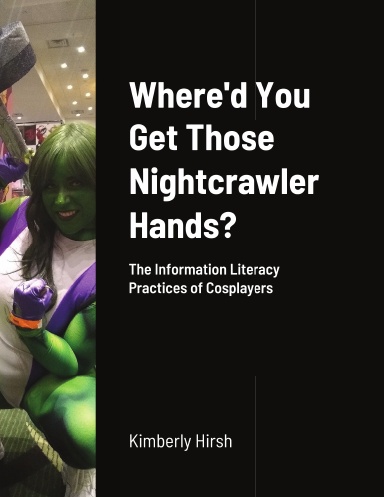💬📚📝📓
Learn how to revise and you will produce a better first book. Remember it and you will enjoy writing the books to follow.
William Germano, From Dissertation to Book
💬📚📝📓
Learn how to revise and you will produce a better first book. Remember it and you will enjoy writing the books to follow.
William Germano, From Dissertation to Book
💬📚📝📓
Revision is unromantic, time-consuming, tiring. It is also the only way to make one’s writing better.
William Germano, From Dissertation to Book
📓 Read Subjectivity and Reflexivity: An Introduction by Franz Breuer, Katja Mruck & Wolff-Michael Roth (Forum: Qualitative Social Research).
A quick introduction to a pair of special issues. Interested to see how the conversation’s advanced.
💬📚📝📓
Writing isn’t a record of your thinking. It is your thinking.
William Germano, From Dissertation to Book
💬📚📝📓
Revision is a job for optimists.
William Germano, From Dissertation to Book
💬📚📝📓
…the operating instructions of scholarly publishing rarely form a part of graduate training…
William Germano, From Dissertation to Book
💬📚📝📓
Write everything you want published as if there are people who make decisions and work within limited budgets—their checkbooks, or their libraries’ acquisition budgets.
William Germano, From Dissertation to Book
It’s been almost two years since I defended my doctoral dissertation. Before it was written, an editor had expressed interest in it. After it was written, I was very tired. I just couldn’t touch it. But we are in a critical moment for information literacy, and I think my research has some good contributions to make, so I’m going to start writing a book proposal.
For this project, I will be opening up my process and my reflections but not the content of the book proposal (and, if I get a contract, the book) itself. I’m starting by reading (like I always so). I’m going to read about how to turn a dissertation into a book and I’m also going to get myself up to speed on the FanLIS literature.
Won’t you join me?

It took a couple years, but I finally created a page on my website curating all my writing about dissertating in the open.
📚💬📓 “… being transparent about one’s positionality, and choosing a granularity of analysis appropriate to your actual knowledge and experience, are key choices soneone must make as they enter fan studies.” Henry Jenkins, “Textual Poachers, Twenty Years Later”